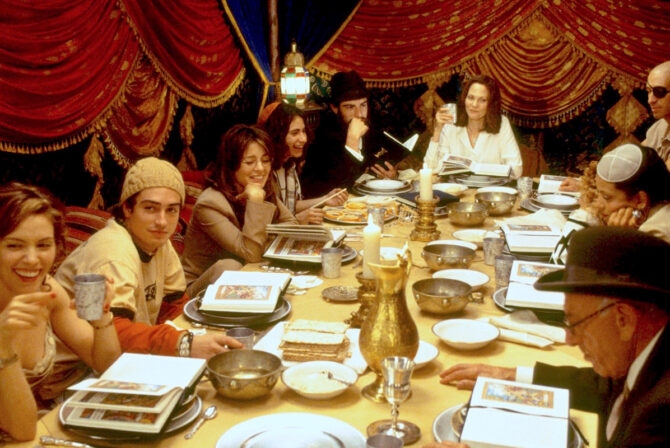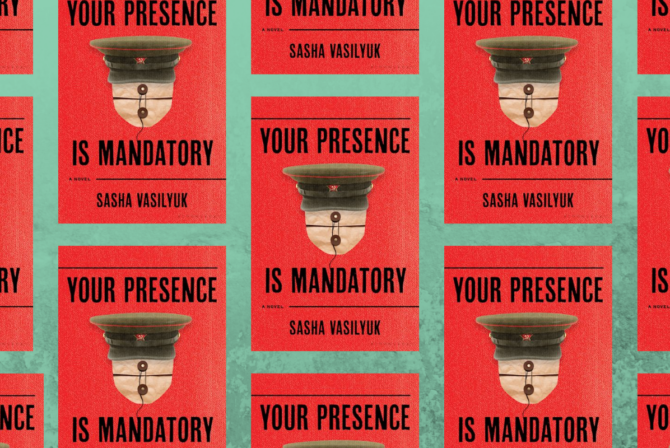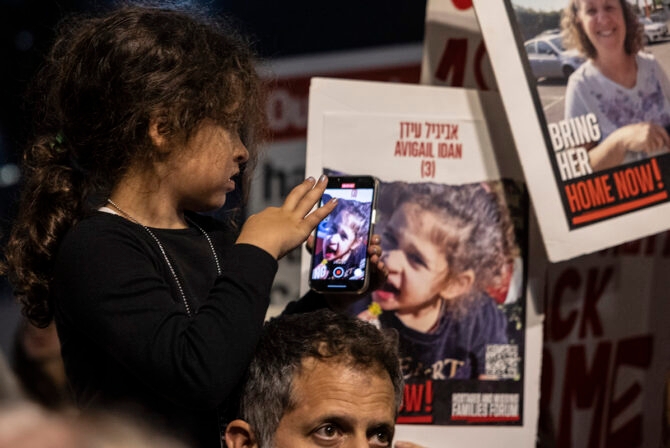True or False: an episode of the sitcom “Friends,” can actively alter feelings of historic family betrayal and heartbreak. For me, it was true.
My family had flown in for Passover. Preparations were exciting this year, as there were new babies and toddlers in addition to our regular Seder crowd. Along with my brisket, I was busy preparing a 5-minute excerpt from my one-woman show to present at a special “Downtown Seder.” My show tells the story about my immigrant Iraqi father, my immigrant Polish grandmother, and how their courage and their fears have shaped me. I have begun to perform it all over the country, and I was excited that my own family of origin, especially my father, would get a glimpse into a project that has become very dear to me.
There I was on the stage of this historic synagogue, singing in the tongue of my Baghdad-born Dad, when I saw him out of the corner of my eye. He was siting next to my 16-year-old, her blue eyes fixed on me. A profound and joyful tear lodged in my throat, and I continued on. My Dad’s story was received by this diverse community. I was flooded by that deep joy, the elation of such integration.
Cut to later. My house. A few of us were beginning to download the event. My father is hard of hearing, so I made a point to bring him a chair and place him in the middle of the action. After all, I imagined he was brimming to share his pride in his favorite daughter, and his thoughts on my performance. Dad instead crinkled his nose as though walking through manure, and demanded: “Why did you sing that song I taught you all wrong?”
I have always been an emotional lightweight when it comes to his unexpected blows, but this one flattened me. I am a full-fledged grown up. I know his opinion or his lack of tact should have no effect on my good mood. It reminded me of my senior year of high school, when I got to play Hodel in “Fiddler On The Roof.” This was a huge deal for my parents, as we seemed to play out this story daily in some way or another. I eagerly bounded off the stage post show, and smiled expectantly, “Well? How bout the scene at the train, right Dad?”
Instead of a hug or affirmation of any sort, he walked me back up to the stage and gave me suggestions of how to re-block the scene. Another time, as a younger child, I had climbed onto our kitchen counter to get a glass from the cabinet. This was after his workers had “finished” the addition on our house (or said they had.) With a loud crash, the cabinet had come loose and me, the new cabinet, and all its contents toppled to the hard floor. I was just barely aware of what had happened, when Dad rushed in, eyed the scene, and yelled, “Why didn’t you save the glasses??”
Like a montage in some movie, I was lost in my own personal horror trough of traumatic childhood moments. I looked across the room, at deflated shoulders of my brother-in-law, as he clocks this blow to my gut. I don’t dissolve into the rage or the tears that tempt me, but instead, in a quiet voice that sounds far away and not my own, I sang the song for him as I did in the show. He approved, but said this was not as I had done it earlier. Then he proceeded to say that he liked the women in the gospel choir the best.
I know we all have our desert to walk through. Mine has appeared recently. All through my childhood, I had been able to make sense somehow of my Dad’s emotional shortcomings. I chalked everything up to him being from Iraq, from being from a place that women were bought and sold essentially, where the family unit was also a bit of a commodity, held together by the fierce fangs of a tiger and the grip of familial expectation.
Luckily, I had an active, if not sometimes overbearing Ashkenazi mother to temper some of this, and the benefit of the Labor Zionist Youth Movement Habonim Dror to serve up healthy portions of the deep listening and acceptance for which I had been hungry. I managed to happily take from my Dad what he could offer, and hung on to his every word connecting me to my Jewish identity and heritage. I was not conscious of needing or expecting anything other.
I think this emotional desert of mine suffocated me only once I became a parent, because to parent mindfully demands a confrontation of one’s own unmet childhood needs and wounds. As I sobbed later in the embrace of my husband, I noted my toes. They were clenched and flexed forward every time a new sob welled up in me. It was as if my feet had landed in the quicksand of this unlikely desert and were choking for air. They kicked involuntarily as I tried to find safe footing.
I knew that the only way out of this would be through. I needed to truly feel all my feelings of shame and outrage and sadness and insecurity that often shackle me. We become imprisoned when we seek in others the validation we need to find in ourselves. It needs to grow instead out of the freedom of personal emotional maturity. Not in the guise of an outside compliment from my father, or such validation from any person or review or job. The outstretched arm I needed to save me can only be my own.
But that night, as I tried to calm my mind enough to sleep, the nighttime darkness was simply too much. I wandered into the living room thankful for my Netflix and the “Friends” episodes it houses. A couple of chuckles later I was fast asleep. More work could surely be done on this tomorrow. And the next day and the next.
Two Seders and countless discussions later, I feel clear that while I most definitely need to mourn and to listen to all that was triggered by this event, the desert is mine to navigate. I can let it engulf me, or energize me to free others and myself from the narrowness of our own personal histories.







